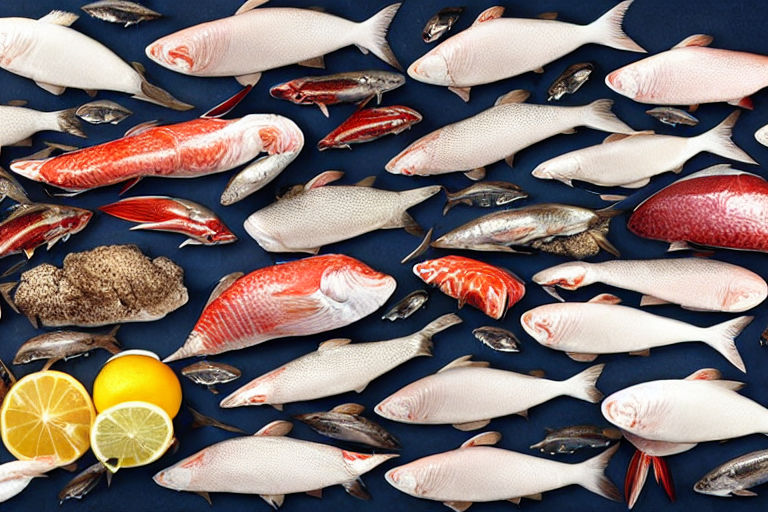The Role of Government Regulations in Sustainable Seafood Practices
The seafood industry is an essential component of the global economy, with millions of people depending on it for their livelihoods. Sustainable seafood practices are necessary to ensure that the industry continues to thrive, both economically and environmentally. In recent years, government regulations have become increasingly important in promoting sustainable fishing practices.
Overfishing and its Impacts
Overfishing occurs when fish are caught at a rate that exceeds their ability to reproduce, leading to a decline in fish populations. This has severe consequences for both the environment and the economy. Overfishing can cause large-scale ecological imbalances that disrupt entire ocean ecosystems, and it can also lead to economic losses for fishermen and fishing communities.
Government Regulations for Sustainable Fishing Practices
To address the problem of overfishing, governments around the world have implemented regulations to promote sustainable fishing practices. These regulations vary from country to country but generally include measures to limit fishing to sustainable levels, protect fish spawning areas, enforce quotas, and prohibit certain fishing techniques that are particularly damaging to the environment.
In addition, many governments have established certification programs for sustainable seafood. These programs provide consumers with information about the origin, method of production, and sustainability of the seafood they purchase. By choosing seafood that has been certified as sustainable, consumers can contribute to efforts to protect fish populations and promote sustainable fishing practices.
Enforcement of Regulations
Effective enforcement of government regulations is crucial in promoting sustainable seafood practices. However, many countries struggle to enforce their regulations effectively due to limited resources and difficulties in monitoring fishing activities. International organizations such as the United Nations and the World Trade Organization can play an important role in promoting sustainable seafood practices by providing technical assistance and helping to enforce regulations at the international level.
Conclusion
Government regulations are essential in promoting sustainable seafood practices by limiting overfishing, protecting fish spawning areas, and prohibiting harmful fishing practices. Certification programs provide consumers with valuable information about the sustainability of the seafood they purchase, which can contribute to efforts to protect fish populations and promote sustainable fishing practices. Effective enforcement of these regulations is crucial in ensuring that they are effective and that fish populations are protected for generations to come.



